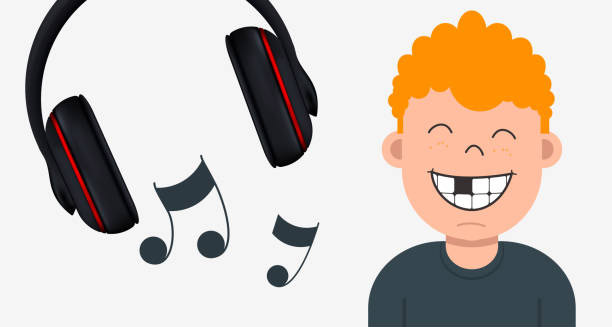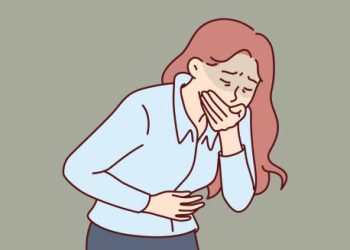A knocked-out tooth is a dental emergency that occurs when a tooth is completely displaced from its socket due to trauma or injury. Whether it results from a sports accident, fall, or unexpected blow to the face, a knocked-out tooth can be both physically painful and emotionally distressing. Prompt action can make the difference between saving the tooth and losing it permanently, making it essential for individuals to understand the importance of timely care, proper handling, and immediate intervention.
When a tooth gets knocked out—called avulsion—the surrounding nerves, blood vessels, and ligaments tear away. This breaks the natural connection between the tooth and jaw, leaving the root exposed and vulnerable to damage. Unlike a chipped tooth, which stays in the mouth, a knocked-out tooth ends up outside the body—on the ground or in another object. This injury happens in all age groups but is most common in children and teens involved in sports or rough play.
Time-Sensitive Care for a Knocked-Out Tooth
Time is critical. A knocked-out tooth must return to its socket as soon as possible. The ideal window is within 30 minutes to one hour. The faster this happens, the better the chance of the tooth surviving. Until reimplantation, the tooth must stay moist. Milk, saline, or even saliva can keep the cells alive and protect the delicate ligament that helps it reattach.
Two types of teeth can be knocked out: adult (permanent) and baby (primary) teeth. Treatment depends on which one it is. Dentists will usually try to reimplant permanent teeth. However, reimplanting baby teeth is not advised, as it might harm the growing permanent teeth underneath. This difference makes it important to know which type of tooth has been lost, especially in young children.
Long-Term Effects of a Knocked-Out Tooth
A missing tooth does more than change a smile. It can hurt self-esteem, especially when the tooth is near the front. The empty space can also affect speech, chewing, and bite alignment. Over time, nearby teeth may shift into the gap, leading to more dental problems.
If reimplantation fails or isn’t possible, several options exist. Dental implants, bridges, and partial dentures can fill the space. While these work well, they can be expensive and emotionally draining. Preventative steps—like mouthguards for sports, helmets, and safe environments—can lower the risk of losing a tooth.
Risk Factors and Community Awareness
Besides accidents, some health issues increase the risk of a knocked-out tooth. For example, gum disease can weaken tooth support, making it easier for a tooth to dislodge. People with braces may also face higher risk, as teeth may be looser during movement. Being aware of these risks and working with a dentist can help prevent serious problems.
Education is key. Schools, sports teams, and community centers should teach people what to do when a tooth gets knocked out. Knowing to handle the tooth by the crown (not the root), rinse it gently without scrubbing, and get to a dentist quickly can save a tooth.
Future Outlook for Knocked-Out Tooth Treatment
Even with fast and proper care, not every knocked-out tooth can be saved. Several factors affect the outcome—how the tooth was handled, time outside the mouth, socket condition, and the person’s dental health. In some cases, reimplanted teeth fail to reattach or develop infections. These may need more treatment or removal later.
New treatments are under study. Regenerative dentistry uses stem cells, growth factors, and special materials to rebuild damaged tooth tissue. While still experimental, this research offers hope for better results in the future.
Aftercare also matters. Dentists monitor reimplanted teeth with X-rays and checkups to spot problems early. One risk is root resorption, where the body slowly breaks down the tooth root. This can happen months or years later, so follow-up is vital.
Children and teens with a knocked-out tooth might also need emotional support. Losing a tooth can hurt their confidence and affect how they interact with others. Encouraging open discussion and replacing the tooth quickly can help them adjust and feel better.
In summary, a knocked-out tooth is a serious dental emergency that requires immediate attention. Whether it results from a sporting mishap, a playground accident, or a simple fall, the clock starts ticking the moment the tooth leaves the socket. Proper handling, preservation, and professional dental care can dramatically improve the chances of saving the tooth and restoring normal oral function. Beyond the physical consequences, the event can impact self-esteem, emotional health, and financial resources. By understanding the importance of prompt action and prevention, individuals and communities can be better prepared to handle such emergencies with confidence and care.


